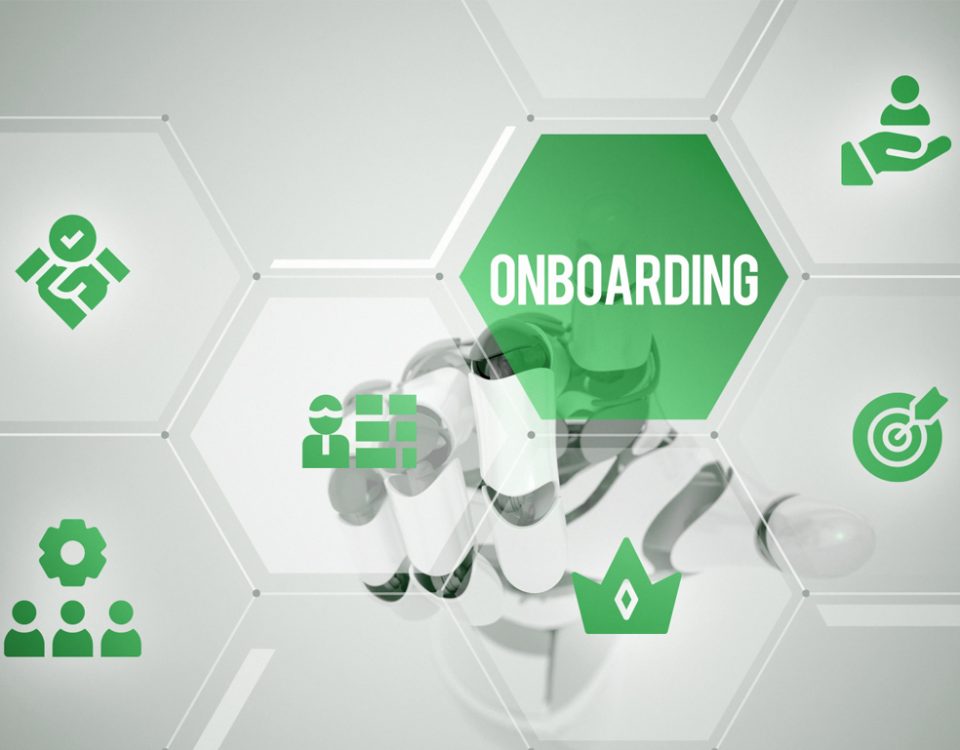
People Management Training in Growth-Stage Businesses
June 24, 2022
Finance and Banking in the Work From Home Revolution
August 22, 2022How BPO leaders are shaking up the Customer Service eLearning space
Customer service in the BPO industry can be exemplified by Patrick Dixon's most famous quote: "Trust is the only thing you have to sell." And from rigorous, expansive classroom training and mock clients to complex customer service eLearning modules and scenarios, building trust has always been at the forefront of every customer service training program in call centres and contact centres for decades. And while most of the techniques we've developed to try and reach that ever-elusive target have been hit-or-miss, recent developments in eLearning technology have allowed business leaders to create customer service eLearning that is more hit than miss.
So how are these companies using customer service eLearning to build trust? The first thing we have to understand is how trust is built in the first place. As Dale Carnegie put it in his incredibly influential, best-selling novel, How to Win Friends and Influence People, "The only way on earth to influence other people is to talk about what they want and show them how to get it." This reduction of developing trust to two facts is vital to creating a system that empowers your employees to build that trust in a consistent and meaningful way. So let's talk about how customer service eLearning systems can accomplish each of these two things, and build customer trust in the process.
Customer Service eLearning talks about what customers want
Conversation skills are easily at the forefront of what it means to be a good customer service executive. Building rapport and creating empathetic connections with a customer quickly allows employees to help customers be at ease and gives them an immediate positive outlook on the conversation and the brand that is being represented - your brand. These skills are developed through organic-feeling simulations which are extremely difficult to create in a classroom environment. The traditional solution to this has been the mock customer - a simulation wherein the trainer pretends to be the customer and the learner attempts to service them.
However, since a trainer can only engage with one learner at a time, this process is excruciatingly slow. While some classrooms attempt to speed up this process by having learners play mock customers for each other simultaneously, this also makes it extremely difficult to provide feedback as the trainer cannot pay attention to every call at once. It also leads to an extremely haphazard training that lacks standardization because some mocks end up being simpler or more challenging than others.
Digitized simulations solve both of these problems, providing a standardized experience with curated feedback that has been pre-approved by the instructors and subject matter experts involved, providing high-quality opportunities for improvement without suffering from the arduous, slow process of having one mock customer at a time.
In this way, Customer Service eLearning creates an opportunity to have the best of both worlds.
Customer Service eLearning helps customers get what they want
While rapport and conversational skills are extremely important, the second half of good customer service is showing competence. Customer service agents need to show themselves as not only empathetic but authoritative on their products and capable of getting things done. A well-meaning fool might be sweet, but customers are likely to lose their patience with him quickly. To show competence, customer service agents are required to display their understanding of the product and policy, as well as have the ability to take ownership of customer concerns and handle common objections.
Once again, these skills are far easier to teach through a digital medium than they ever were in physical classrooms. The eLearning medium expedites technical knowledge tests by automating the process of collecting, organizing, and grading the tests. It also improves technical demos and simulations by ensuring that multiple learners can perform these tasks while being directly monitored by the program rather than demanding a trainer to look over their shoulder to confirm that learners are performing the tasks correctly.
Ozemio has helped many companies in dozens of industries, including BPO organizations, as well as banks, eCommerce businesses, and other companies with their own call and contact centres, to create eLearning systems, both single- and multi-module programs for customer service training, sales training, technical training, and much more. You can take a look at our website here, where you can reach out to one of our experts for a free consultation. If you're still unsure of your learning plan or about how we can help you, feel free to ask us for our samples and case studies that can help you get an idea of what to expect from us. We look forward to hearing from you soon.
Related services
Product Engineering




